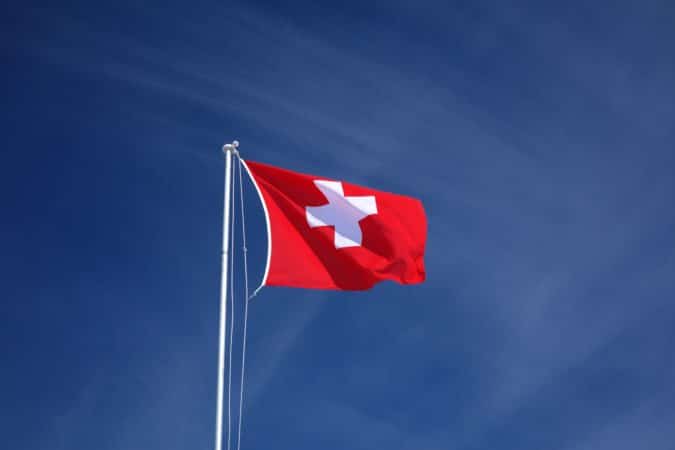TLDR
- GESPA claims FIFA Collect’s NFT rewards involve chance-based gambling elements.
- FIFA’s NFT platform faces scrutiny for offering rewards with monetary stakes.
- FIFA Collect launched in 2022 but is now under legal investigation in Switzerland.
- Swiss law only permits two regulated nationwide sports gambling providers.
Switzerland’s Gambling Supervisory Authority (GESPA) has filed a formal complaint against FIFA’s NFT platform, FIFA Collect, accusing it of operating as an unlicensed gambling service. GESPA’s complaint centers on the platform’s competitions, which involve users participating in challenges and airdrops to earn rewards, alleging that these activities contain elements of chance and require monetary investment, which could classify them as gambling under Swiss law.
GESPA’s Complaint and Regulatory Concerns
GESPA’s complaint asserts that FIFA Collect’s operations involve competitions that feature rewards based on chance, which aligns with the definition of gambling under Swiss regulations.
According to the authority, the rewards are linked to monetary stakes, with the chance of winning being dependent on random draws or similar methods. The regulator noted that, in order to participate in these competitions, users must make a financial investment. If they succeed, they receive monetary rewards, placing these activities into the categories of lotteries or sports betting.
Switzerland’s gambling regulations are strict, with only two licensed providers for nationwide sports betting: Sporttip and Jouez Sport. As a result, GESPA has raised concerns about the legal status of FIFA Collect’s operations, given that the platform offers opportunities for users to earn prizes based on chance. The authority’s complaint stems from these potential breaches of the Swiss gambling law.
FIFA Collect’s Web3 Model and NFTs
Launched in 2022, FIFA Collect operates on the Algorand blockchain, allowing users to buy, trade, and collect digital assets such as NFTs related to the FIFA World Cup. The platform enables users to participate in challenges and other activities, which can lead to rewards such as airdrops or special access to FIFA events.
FIFA’s decision to incorporate Web3 technologies into its platform has introduced new legal challenges, particularly as the regulatory landscape struggles to adapt to these evolving technologies.
In addition to its NFT offerings, FIFA Collect has sold NFTs related to the upcoming 2026 FIFA World Cup. These “Right to Buy” NFTs give holders the option to purchase World Cup tickets at face value, potentially circumventing inflated prices in secondary markets. However, FIFA Collect’s use of NFTs and blockchain technology is increasingly under scrutiny as authorities attempt to define the legal boundaries of such platforms.
FIFA’s Response and Future Plans
While FIFA and Modex, the Web3 service provider supporting FIFA Collect, have not yet provided a response to the formal complaint, the issue raises important questions about the regulation of Web3 platforms. FIFA has continued to push forward with its blockchain ambitions, with plans to migrate the FIFA Collect platform to its own blockchain. This layer-1 subnet, based on the Avalanche network, is designed to provide a more secure and scalable platform for users.
Despite the regulatory concerns raised by GESPA, FIFA remains committed to its digital initiatives. The platform’s transition to a new blockchain is expected to offer better services for users while addressing some of the challenges associated with its current operations.
Legal Gray Areas in the Web3 Space
The complaint filed by GESPA underscores the challenges regulators face when addressing emerging technologies like NFTs and blockchain-based platforms. As these technologies continue to evolve, regulators must navigate the complexities of applying traditional laws to new models of engagement and business. GESPA’s actions against FIFA Collect may set a precedent for how similar platforms will be treated under Swiss law in the future.
The case also highlights the broader issue of whether existing regulatory frameworks are adequate to address the unique characteristics of Web3 platforms. As more companies adopt blockchain technologies, the need for clear, comprehensive regulations will become increasingly important in ensuring legal compliance across different sectors.







